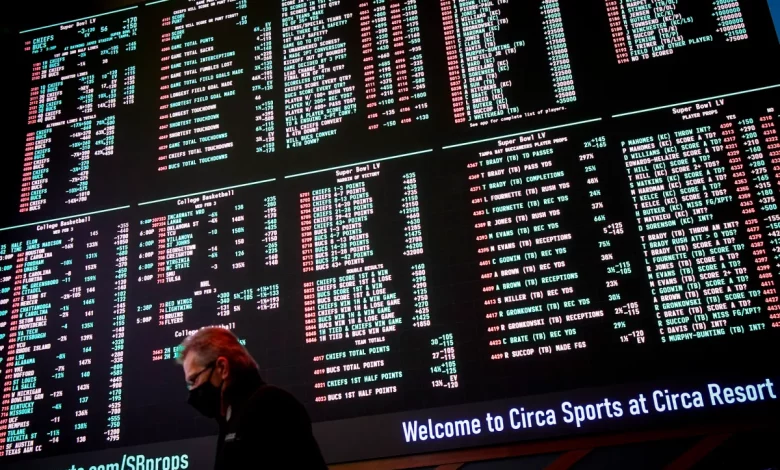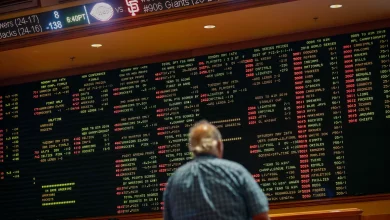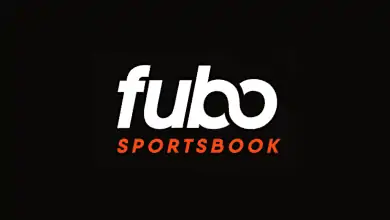Bally’s Decision to Collaborate with Kambi in Relaunching Its Sports Betting App Comes Amidst the Company’s Ongoing Challenges Both Internally and Externally

Bally has struggled a lot this past year with its ability to keep up with the rest of the competition in the sports betting industry. As a result of the setbacks, the company has laid off thousands of employees during the tough process.
Bally is Attempting to Rebuild Its Status
After over $3 billion in failed acquisitions, Bally seeks to restore its US sports betting app and online gaming presence by leveraging third-party technologies. Kambi, the company’s tech provider, wants to relaunch the app in the seven jurisdictions where the operator conducts business.
Bally has moved on from finding its own in-house sports betting products. Bally will move on to the same in-house technology used by competitor BetRivers. In February, the company shut down Bet.Works and Monkey Knife Fight, which the brand spent $215 million to acquire.
Bally also spent $2 billion on acquiring Gamesys. The continuous overhaul in acquisitions has put a strain on gearing toward the right direction for the brand to find an edge in obtaining a solid market share in several states.
Can Bally Bet Find a Market in the Sports Betting Industry?
Unlike FanDuel and DraftKings, Bally Bet hasn’t really attracted much attention and user volume on its platform. New York is the brand’s biggest market but hasn’t really made the key market access count compared to the rest of the competition.
Bally Bet holds the smallest share of the nine online operators, accounting for just $12.6 million of the state’s $20 billion-plus in wagering. The latest reports in Arizona, Indiana, Iowa, and Virginia also put them below the one percent threshold in terms of market share.
The renowned brand is expected to lose $50 million from its North American operations, while its regional sports network partners are in the midst of declaring bankruptcy. Like the rest of the sportsbook stocks on the exchange, all the share prices have taken a massive hit over the course of a year.
Fanatics was one of the companies that missed out due to the competitive bid cycle in New York, but the company believes that missing out was the better outcome. The operators in the Empire State continue to express their concerns about profitability in the state due to the industry’s high tax rate of 51 percent.
Kambi Needed to Secure This Partnership
In a recent call to investors, Kambi CEO Kristian Nylen argued that the trend for sportsbooks to own proprietary technology will reverse in the face of further regulation, inflation, and pressure on profits.
DraftKings has decided to go separate ways after securing a $3.3 billion merger with SBTech, while Penn Entertainment is gearing up to take Barstool off the app by the end of 2023 in its entirety. In addition, an innovative product, Fanatics, will be built on the Amelco Code to power the platform.
There was speculation that Bally could buy PointsBet, but with the partnership, the speculation will most likely be put to an end.





